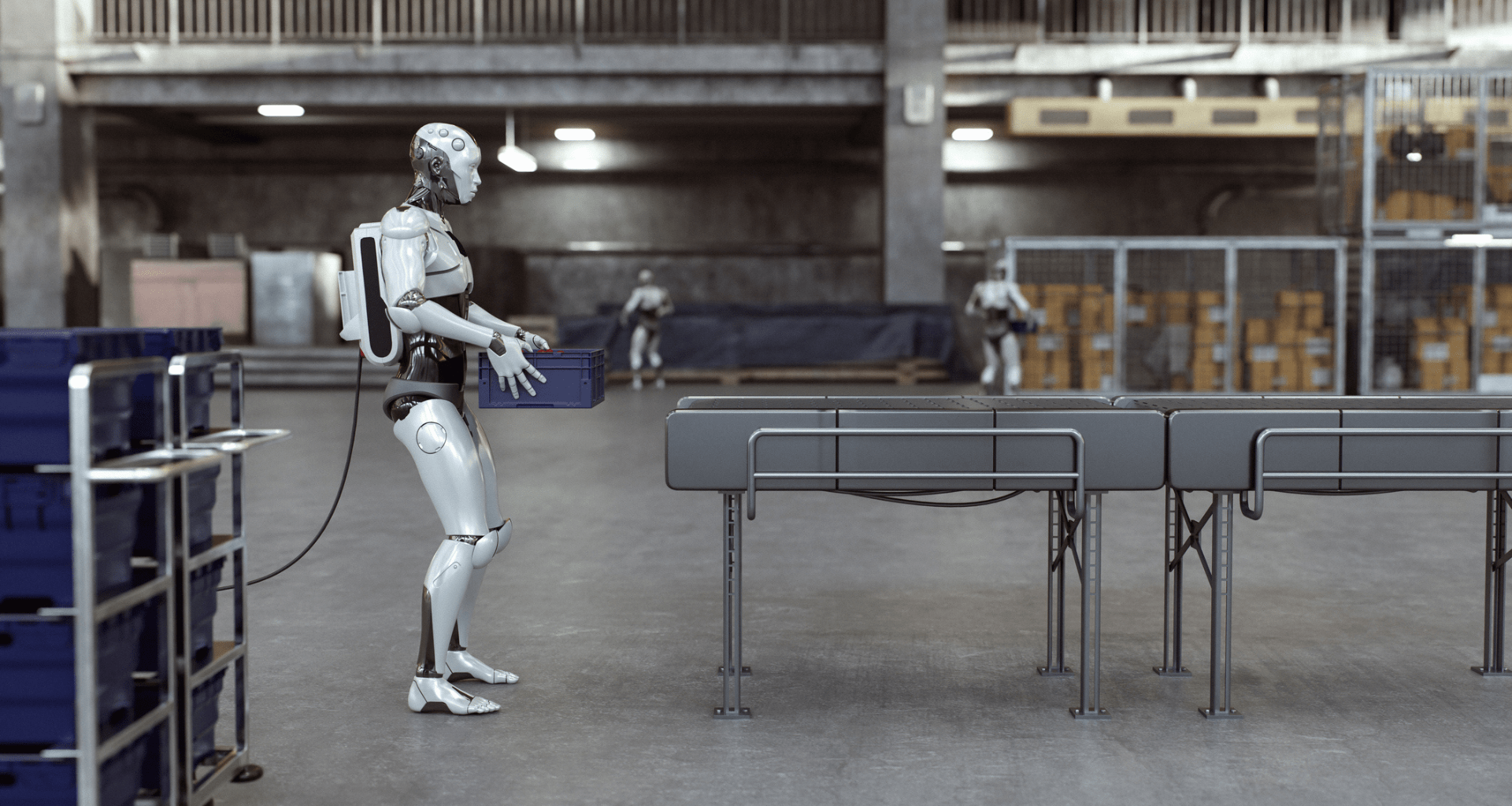LG Electronics has been involved in robotics for a while now, offering service robots such as the LG CLOi ServeBot and GuideBot, which are primarily wheeled robots with limited mobility and dexterity.
With its latest announcement at CES 25, the South Korean giant is poised to compete with cross-town rivals like Hyundai Motor Group and Samsung Electronics, both of which have made significant investments in developing humanoid robots. These bipedal AI robots, designed to resemble the human form, aim to work alongside humans to enhance productivity, the company stated.
Bipedal AI robots aimed at boosting human productivity
LG Electronics Chief Executive Cho Joo-wan emphasized that robots are the future of mankind during a press event at CES 2025 in Las Vegas. He highlighted that the company is focusing on developing humanoid robots for the home, positioning itself at the heart of the robot race.
The company plans to launch its AI agent, codenamed Q9, later this year after beta testing in February and March, with the Q9 serving as the foundation model for its humanoid robot, the Korea Economic Daily reported.
Kim Byung-hoon, vice president and CTO of LG Electronics, explained that the company is researching essential technologies for developing humanoid robots, such as hand gestures and gait, based on the cognitive and articulation technologies used in Q9.
Earlier this week, LG Electronics announced a strategic partnership with Microsoft to combine their technologies and drive AI innovations. The two companies will collaborate on developing AI agents, including Q9, for use in homes, vehicles, hotels, and offices.
Humanoid robot race heats up
The company is considering offering AI agent Q9 as a subscription service or integrating it with its AI smart home platform, LG ThinQ, when it launches in September in Korea to make it more accessible to users.
The competition in the global humanoid robot race has intensified, with tech giants like Tesla entering the field. Last year, Tesla introduced the second generation of its humanoid robot, Optimus, with plans for commercial deployment this year. Other companies, including Honda Motor and Boston Dynamics, owned by Hyundai Motor, are also actively developing their own humanoid robots.
Tesla’s CEO Elon Musk revealed that he is committed to developing the Optimus robot program, envisioning a future where these humanoid machines will transform various industries. With over 1,000 robots expected to be integrated into Tesla’s manufacturing by 2025, Musk predicts that Optimus could help the company achieve a $25 trillion valuation.
Tesla expects significant profits, with production costs of $10,000 and a price of around $20,000 per unit. Musk predicts a global market for one billion robots annually, with Tesla capturing 10% of that market. Optimus has already shown the ability to perform autonomous operations and dexterous tasks, with full software expected by 2026.
